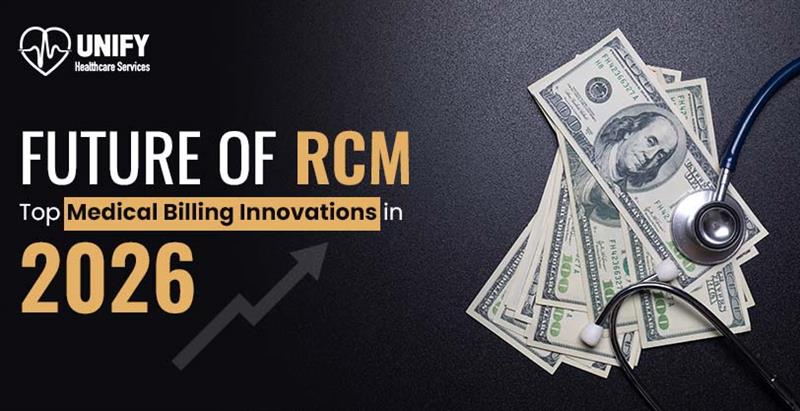Adjudication happens in every industry on some level or another. It is a common phrase in insurance circles which means to determine. Based on the circumstances and the context, adjudication follows a distinct process resulting in unique outcomes.
Healthcare providers have to deal with a lot of adjudication on a daily basis. It is a difficult process that needs precision which is why outsourcing medical billing to professional companies is the best way to maintain a healthy revenue flow.
Claim adjudication is an essential part of the process. As it plays the primary role in ensuring that the insurance companies are reimbursing the providers on time. If you are running a practice in Illinois, the complexities are simply beyond comprehension. In this blog we will learn about the concept of claim adjudication and its importance for healthcare providers like you.
What Is Claim Adjudication?
Claim adjudication is the process of carefully reviewing and assessing healthcare claims that providers submit to insurance companies or payers for reimbursement. Its purpose is to determine if the claims are valid or not. Providers can create a comprehensive claim when they provide services to the patients. This includes all the details like patient information, services rendered and the costs of treatments.
Let's learn how the claim adjudication process works.
How Does Claim Adjudication Works?
Every time a patient receives care from a provider, a complete process starts behind the scenes that determines the reimbursement of the provider. This process is called claim adjudication and is at the center of every healthcare practice. It impacts how healthcare organizations manage revenue and reimbursements.
It is a bit difficult and not every provider can have a grasp on this process. Outsourcing medical billing to professionals can help providers with claim adjudication. However, if they understand the steps involved and with the right technology, the output of any healthcare practice can enhance significantly. It helps them optimize your medical billing workflow and decrease claim denial.
Claim Adjudication Process
Claim Submission
Healthcare providers send claims to the insurance companies for reimbursement of the services rendered to the patients.
Eligibility Verification
Eligibility verification is done by the insurance company to confirm if the treatment is covered by their plan or not.
Pre-Adjudication Review
During the pre-adjudication review, the claims are evaluated to determine any errors, missing information, or inconsistencies that might need additional attention. If there are any problems in the claims, the payer will reject the claim and notify it to the providers so that they can make the necessary corrections and resubmit the claim.
Adjudication & Determination
Insurance companies carefully review the claims to determine the validity. They then compare it with the policy terms, medical billing and coding guidelines along with other medical necessities.
Payment Calculation
Once a claim is approved and covered, the insurance company calculates the reimbursement amount using the current rates and fee schedules that have been established.
Claim Resolution
Once the claim has been reviewed and settled, the healthcare provider will receive an explanation of benefits, also known as EOB that highlights the decision made regarding the claim. It provides the details about payment information and any financial responsibilities from the patient’s end like copays and deductibles.
Payment or Denials
After an extensive review, the insurance company will either reimburse the healthcare provider for the services or they will deny the claim. Denial will happen only if it does not match the necessary criteria for reimbursement. There are various reasons for denials which includes issues with medical necessity, coding errors or limitations in coverage.
What Is Claim Adjudication to a Healthcare Provider?
As a healthcare provider, one must know that claims adjudication plays an important role in managing your revenue cycle effectively. It has a direct connection to the cash flow as it determines the reimbursement you receive for the services offered to the patients.
Managing this process can be complicated as it demands a huge amount of your valuable time. Handling these challenges increases the workload of your practice.
Why Does Claims Get Denied?
Denied claims fall under three categories: administrative, clinical, and policy. A majority of claim denials come from administrative errors or unclean data streams that feed auto-adjudication. There could be various reasons for denials including patient eligibility, missing or invalid Payer ID, duplicate claims, missing or invalid diagnosis codes and more.
When a claim is denied, it is often appealed which triggers a review and the claim is rectified. This is an extra step which increases the time of claim processing. Along with this, the payer follows their own standard when a claim needs to be submitted or resubmitted.
An automated system can catch these errors earlier which lets you create accurate EOB the first time or a faster review of an appealed denial.
Manual vs Automated Claims Adjudication
Healthcare organizations invest heavily in medical claims processing. It can have an impact on your bottom line regardless of being done manually or through automation. Let's take a look at both these procedures.
Manual Adjudication
Manual adjudication includes data entry specialists or claims examiners reviewing every claim by hand. It's detailed but also time-consuming, resource intensive and prone to errors. Even the smallest mistakes like a wrong code or missing payment detail can result in denial or delay in payment.
Automated Claim Adjudication
Automated claim adjudication uses software for faster claim processing. It is more accurate and in alignment with the payer policies. Automation reduces the need for human intervention, enhances the reimbursement speed and improves compliance.
How Can Outsourcing Help You Secure Adequate Reimbursement?
Claim adjudication has a lot of complexities that are not easy to understand for every healthcare practice. This is where outsourcing medical billing to professionals can help you create a healthy revenue cycle for your business.
Unify Healthcare Services is one such medical billing company that manages medical billing for small as well as large scale healthcare organizations. We have a team of dedicated and expert professionals who are well versed in all the elements of medical billing and coding. Finding us is very easy. Simply search “Medical Billing Company Illinois” and you will find us in the top results.
Our Expert billers and coders are well aware of all the guideline and provision changes which ensures that all the claims are generated while being compliant to all the provisions. This gives providers peace of mind so that they can focus only on providing better patient care.


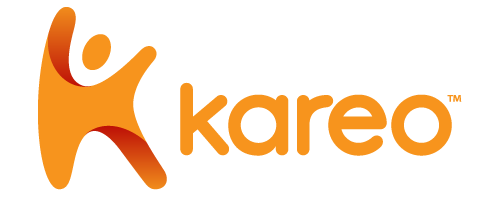





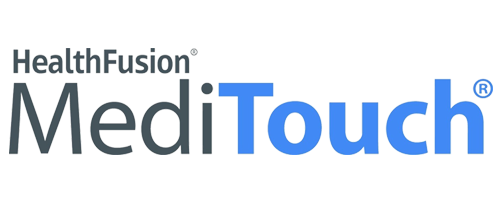


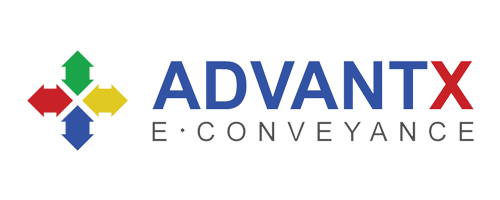
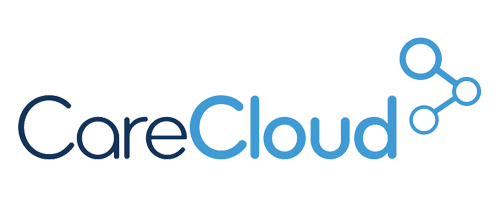
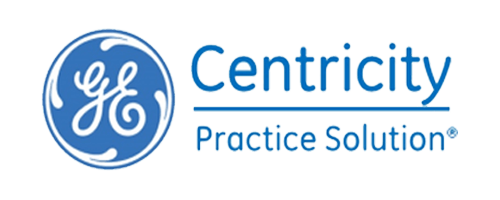
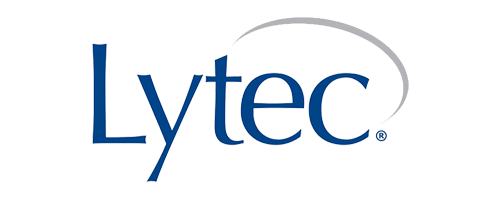

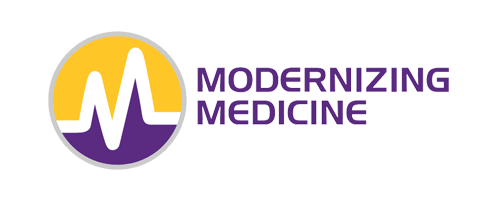



.webp)
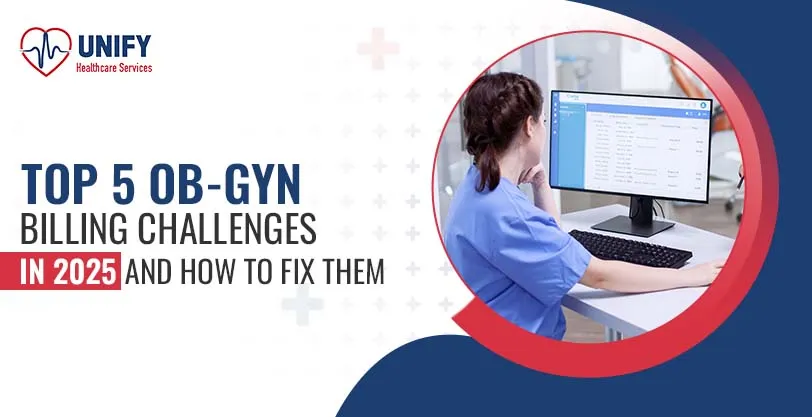

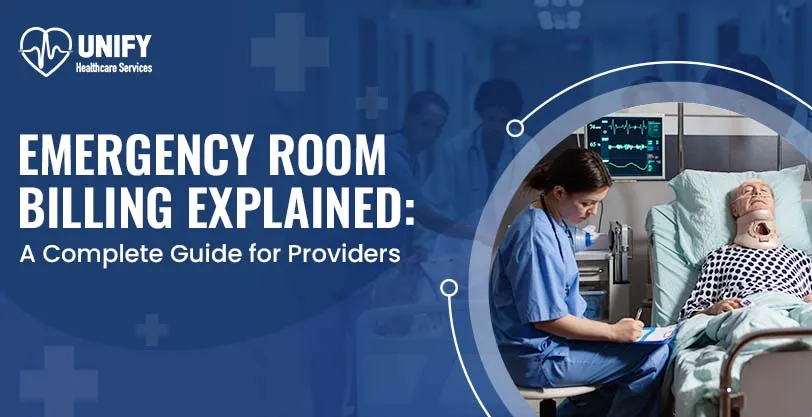
 1.jpg)
